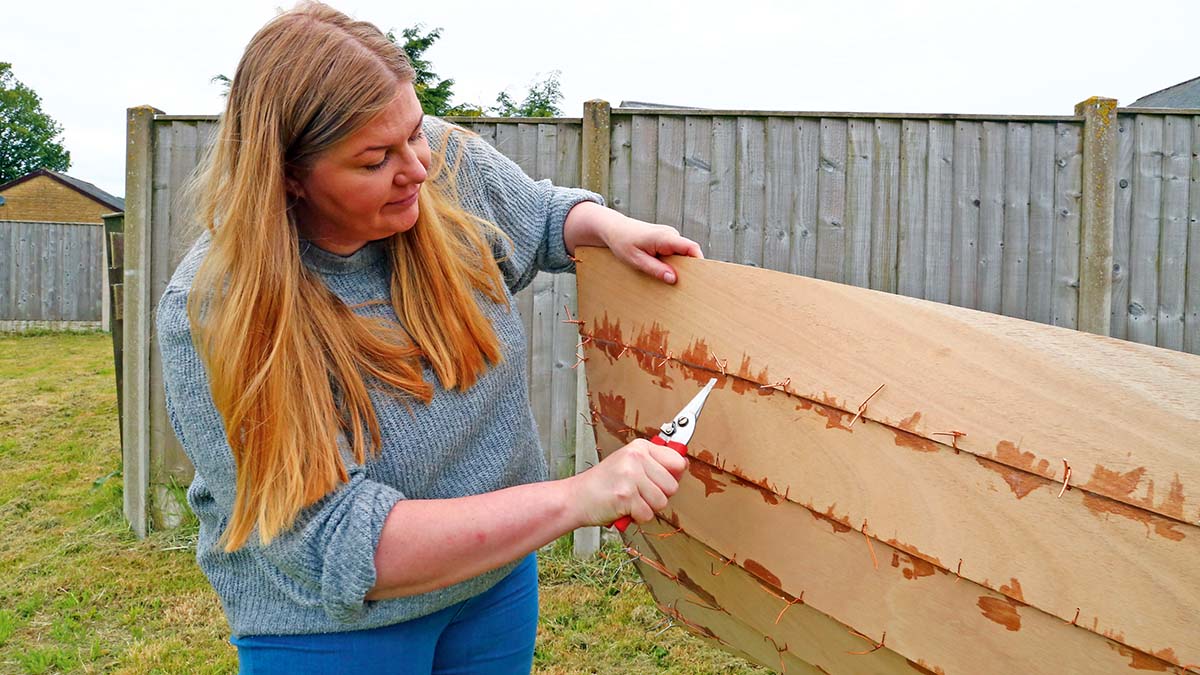Traditional wooden boatbuilding in the UK is on the ‘Red List of Endangered Crafts’, compiled by the Heritage Crafts Association.
The research, funded by The Pilgrim Trust with additional sponsorship from The Royal Mint, found that the energy crisis and inflation has exacerbated the issues faced by the UK’s most at-risk skills, along with lingering Covid-19 and Brexit uncertainties and structural issues relating to apprenticeship funding.
New to the ‘endangered’ list for 2023 is traditional wooden boatbuilding, canal art and barge painting – joining craft makers in the areas of rope, sails, fenders, coracles, oars, masts, spars and flagpoles.
This classification means the trades have sufficient craftspeople to transmit the skills to the next generation, but there are ongoing viability concerns due to an ageing demographic or declining number of practitioners.

Compass and navigational instrument making are classed as ‘critically endangered’. Boatbuilding (modern wooden) is currently ‘viable’, although Heritage Crafts has warned that without more flexible qualifications and apprenticeships, and better access to training funds – including the possibility of apprenticeship levy transfer from larger companies – the craft will continue to struggle.
Continues below…
How to become a boat builder in 40 weeks
Inspired by a stunning homebuilt yacht, Ali Wood visits the Boat Building Academy to learn how any of us can…
New bursaries and courses launched by the Boat Building Academy
The Boat Building Academy in Lyme Regis has unveiled new courses and bursaries for students and local people
How to build a boat: Essential guide to building your first kit boat
You don’t have to be a boatbuilder to learn how to build a boat, argue Roger Nadin and Polly Robinson.…

‘Training issues’
Mary Lewis, endangered crafts manager, who led the research on behalf of Heritage Crafts, explained that the training issues relate to traditional boat building. There are more opportunities available in modern construction methods and the larger companies do invest in apprenticeships.
She said: “Traditional wooden boat building includes a very wide range of boat types from all over the UK. If the skills and knowledge of building traditional boats are not safeguarded, we risk losing the rich and diverse cultural heritage associated with these coastal and inland waterway communities.”

Whilst the UK has been a world-leader in the preservation of tangible heritage (museum collections, buildings and monuments), it has fallen behind the rest of the world when it comes to the safeguarding of intangible heritage (knowledge, skills and practices).
Of 193 UNESCO members, the UK is one of just 12 that have not yet ratified the 2003 Convention on the Safeguarding of Intangible Heritage, and government responsibility for heritage crafts falls in the gap between agencies set up to support arts and heritage.

Mary added: “The effect of the energy crisis, inflation, COVID-19 and Brexit have been tough on everyone, not least the craftspeople who possess our most fundamental craft skills.
“We know that heritage craft skills operate like an ecosystem; if we lose one part it can have devastating consequences on other parts of the system.
“If we allow endangered crafts to disappear then we seriously diminish the opportunities for future generations to create their own sustainable and fulfilling livelihoods and deal with the challenges of the future.”







